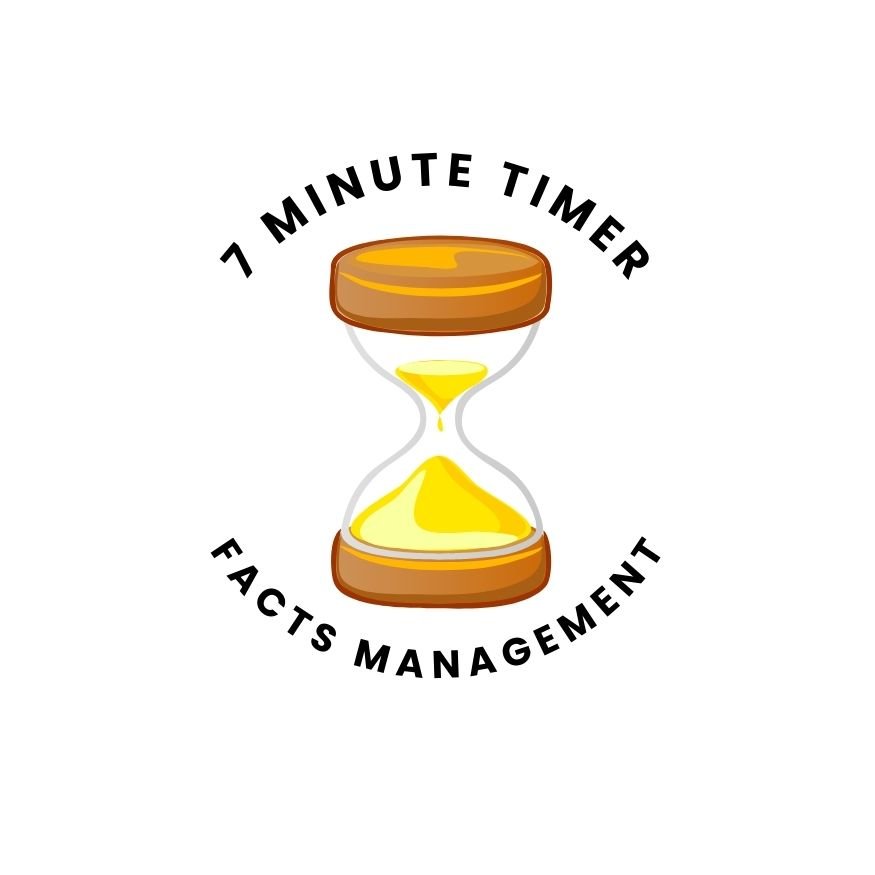For more information, check out these articles:
For more resources, check out the following links:
How Much Have You Saved by the Age of 31?

As we navigate through life, one question that often comes to mind is how much money we should have saved by a certain age. This question is particularly relevant when we reach our early thirties, a time when financial stability becomes more important than ever. In this article, we will explore the topic of saving money and discuss how much you should aim to have saved by the age of 31.
Why is saving money important?
Before we delve into the specifics of how much you should have saved by the age of 31, let’s first understand why saving money is important. Saving money provides a safety net for unexpected expenses, allows you to achieve your financial goals, and provides a sense of security for the future.
Whether it’s buying a home, starting a family, or planning for retirement, having savings gives you the flexibility and freedom to pursue your dreams without constantly worrying about money. It also provides a cushion during times of economic uncertainty or personal emergencies.
Factors to consider when determining how much to save
The amount of money you should have saved by the age of 31 depends on various factors, including your income, expenses, and financial goals. Here are some key factors to consider:
1. Income
Your income plays a significant role in determining how much you can save. Generally, financial experts recommend saving at least 20% of your income. However, this may not be feasible for everyone, especially if you have other financial obligations such as student loans or high living expenses.
It’s important to strike a balance between saving for the future and enjoying your present lifestyle. If you’re unable to save 20%, aim for a smaller percentage and gradually increase it over time as your income grows.
2. Expenses
Your expenses are another crucial factor to consider when determining how much to save. Take a close look at your monthly expenses and identify areas where you can cut back. This could include reducing discretionary spending, finding more affordable housing options, or renegotiating bills and subscriptions.
By reducing your expenses, you can free up more money to put towards savings. Remember, every dollar saved adds up over time and brings you closer to your financial goals.
3. Financial goals
Your financial goals also play a significant role in determining how much you should have saved by the age of 31. Are you saving for a down payment on a house, planning to start a business, or working towards early retirement?
By setting clear financial goals, you can determine the amount you need to save and create a plan to achieve them. It’s essential to be realistic and specific about your goals, as this will help you stay motivated and focused on your savings journey.
How much should you have saved by the age of 31?
Now that we’ve considered the factors that influence how much you should save, let’s discuss a general guideline for how much you should aim to have saved by the age of 31.
Financial experts recommend having saved the equivalent of your annual salary by the age of 30. By the age of 31, you should aim to have saved at least one year’s worth of living expenses.
While this may seem like a lofty goal, it’s important to start saving as early as possible to take advantage of compound interest and allow your savings to grow over time. If you haven’t reached this milestone yet, don’t worry. The key is to start saving now and make it a priority.
Tips for saving money
Here are some tips to help you save money and reach your financial goals:
1. Create a budget
A budget is a powerful tool that can help you track your income and expenses. By creating a budget, you can identify areas where you can cut back and allocate more money towards savings.
2. Automate your savings
Set up automatic transfers from your checking account to your savings account. This way, a portion of your income will be saved before you have a chance to spend it.
3. Cut back on unnecessary expenses
Review your monthly expenses and identify areas where you can cut back. This could include dining out less frequently, canceling unused subscriptions, or finding more affordable alternatives.
4. Increase your income
Consider ways to increase your income, such as taking on a side hustle or pursuing career advancement opportunities. The more money you earn, the more you can save.
5. Prioritize savings
Make saving a priority in your financial plan. Treat it as an expense that must be paid before anything else. By prioritizing savings, you’ll be more likely to reach your goals.
In conclusion, the amount of money you should have saved by the age of 31 depends on various factors, including your income, expenses, and financial goals. While there is no one-size-fits-all answer, it’s important to start saving as early as possible and make it a priority. By following the tips mentioned above and staying committed to your savings plan, you can achieve financial stability and set yourself up for a secure future.
Related
https://managingfinance.in/how-much-have-you-saved-by-the-age-of-31/
#Saved #Age
managingfinance.in








